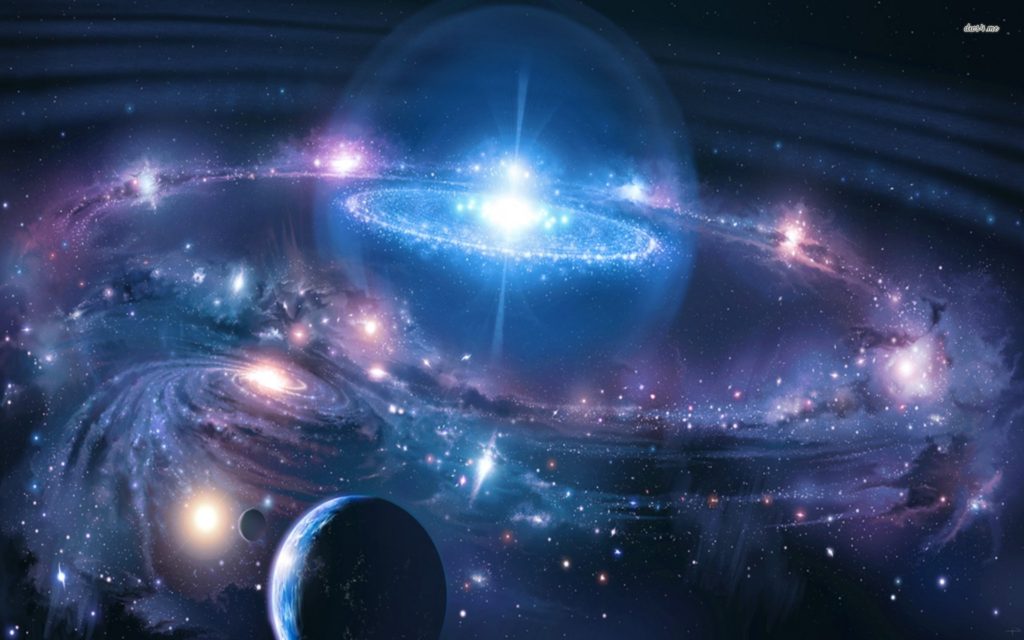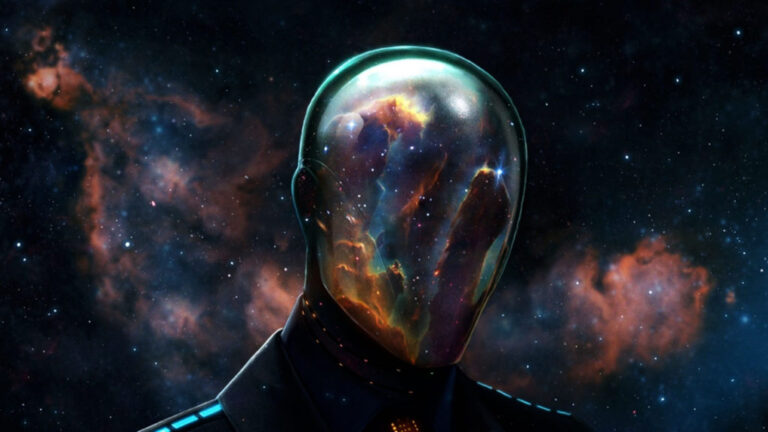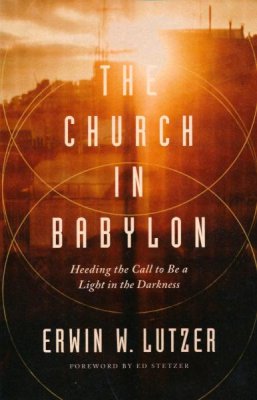Something radical happened to me when I was 16 years old at Argo High School. My science teacher, Ms Moon began to talk about human evolution, she talked about, in so many words how we human beings, like other forms of life, have developed from aboriginal unicellular life by way of such mechanisms as natural selection and genetic drift working on sources of genetic variation. Natural selection discards most of these mutations, she argued, because they prove deleterious to the organism in which they appear, but some turn out to have survival value and to enhance fitness; they spread through the population and persist. It these mechanisms, or mechanisms very much like them, that all the vast variety of contemporary organic life has developed; we are all animals that come from this same Universal Common Ancestor by chance.[i]
 We are all animals….animals by chance. I heard nothing else she said. Animal! I am an animal! I could not get my teenae mind around these words. How could I be just another animal like the rat, termite and dog! How could all of life itself come from purposeless mater? So I approached her and questioned her. She then gave me a project on Charles Darwin, who I never read before that day.
We are all animals….animals by chance. I heard nothing else she said. Animal! I am an animal! I could not get my teenae mind around these words. How could I be just another animal like the rat, termite and dog! How could all of life itself come from purposeless mater? So I approached her and questioned her. She then gave me a project on Charles Darwin, who I never read before that day.
I found out after reading Darwin that she was partially right, we are all animals. But years later I learned that I was right all along, in another sense. We are not only animals. We are sacred and special. And it is impossible for us or all of life to come by mere undirected processes alone.
My talk today is part one of the Blind Spots of Science. This is the first section, which discusses what science is, how it contradicts naturalism and the conflict between religion and science.
What do you think?
Podcast: Play in new window | Download





Hello Khaldoun,
Many thanks for this post.
Is there a conflict between religion and science? In my mind there is no need for such conflict.
Science aims to describe the “observable” natural world with the most accurate and simplest method or theory. Science does not have to be true but merely be coherent with our observations and predictive. Religion aims to discover the true reason behind our existence and our experiences.
Therefore both science and religion can coexist in perfect harmony.
You quoted “creationism” at the end of your podcast. This is a very good example how paradoxes between religion and science are introduced by humankind.
In my opinion every religious person is a creationist, simply because the theistic God (or an other Ultimate Cause defined) per definition caused (or created) Reality. The subsequent discussion on the inflation of multiverses, genesis of fermions and ultimately biological life from inanimate matter is a practical discussion and should not cause a conflict between religion and science.
On the other hand it, currently, appears that science can explain most of such phenomenon without invoking the Ultimate Cause (God) directly. This should be open to challenge as any scientific theory should be and maybe will be proved wrong in the future. This would be a huge step forward for science because we would have a better descriptive theory at our disposal.
A religious person should not feel threatened by Darwin’s evolution theory because it does neither contradict the existence of God nor does it address the question, whether humankind, who have the capability to question and think about the Ultimate Cause are, due to this ability, “special” to such Ultimate Cause.
Therefore, in my mind, as long as one does not want “to drag God down” to our fallible human science level there is no paradox between religion and science. However if one does bring God down to our fallible science level then a human created paradox appears. In my mind this is the mistake “creationists” who aim at teaching creationism next to evolution theory in schools make. Instead of being content that God, as the Ultimate Cause, has created Realty, some of them (admittedly not all of them) seem to imply (without explicitly posing it) that without God’s direct interface emergence of complex life from inanimate matter is not possible.
You are correct that science can only improve by being open to challenge and should not silence the “scientific theory of biological direct God driven creationism”. However to allow such scientific discussion to take place the scientific theory of creationism should first be formulated. Currently there are a few: Young Earth, Old Earth, Intelligent Design, Gap, etc. Currently none of them seem to stand the challenge very well. Hence, it appears that a more practical (from a science point of view) creationist theory that is a candidate to be considered as an alternative to the evolution theory, simply has not been formulated and agreed yet among the “creationists”.
Therefore whereas there is no paradox with creationism on the philosophical front, the paradox appears when creationism is being forced upon the practical, fallible human science.
P.S. As I am not on Facebook I am not sure that I can endorse your podcast.
Thanks for your insights Piet.
I think the Old Earth Model championed by http://www.reasons.org/ seems to be a good model that does not compromise scripture and does not ignore the scientific evidence. It has its problems but not as much as the other models!
The clash, as Alvin Plantinga pointed out in his book “Where the Conflict Really Lies” is not between science and religion (Christianity in particular) but between naturalism and science.
There are also methodological naturalism and metaphysical naturalism to make things even more fun! See the debate here http://answersforhope.org/michael-ruse-vs-fazale-rana/
Also, you don’t need to be on facebook to leave a review on itunes 🙂
Khaldoun
Khaldoun,
Many thanks for your response. I found your reference to Reasons to Believe very interesting, especially the reasoning of Hugh Ross in his contribution; “Anthropic Principle: A Precise Plan for Humanity”.
I agree that the anthropic principle is a key element in the Christian theistic philosophy.
In my mind one can be either anthropic religious or non-anthropic religious.
1) Anthropic: God, as the Ultimate Cause and immanent “Sustainer” of reality, has “created” the physical world with God immanent in it (including God’s goodness) for the purpose and benefit of humankind. God expects in return for humankind to seek God and to be grateful.
a) The physical laws of the physical reality make it possible, but God fine-tuned the composition, position, configuration of our galaxy, solar system and of planet Earth and the cosmological and geological history of the Earth to make humankind evolve on Earth.
b) God reveals his nature only to humankind.
c) God cares for and gives guidance to humankind.
2. Non-anthropic: God, as the Ultimate Cause and immanent “Sustainer” of reality, has “created” the physical world with God immanent in it (including God’s goodness) to allow for conscious being to evolve. God expects for any conscious being to seek God and to be grateful.
a) The physical laws of the physical reality make it plausible (one can say due to the enormous size of the universe very probable) for complex molecules, life and conscious live to evolve.
b) God reveals his nature to any being conscious enough to understand the minimum of God’s nature. Therefore God might have revealed himself in a different form to the Homo Habilis (hopefully for us in a more simple form), and to any other extra-terrestrial conscious life (both in a more simple or more elaborate form)
c) God cares for and gives guidance to humankind, and possibly also to less evolved and more evolved conscious beings in the universes, multiverses (if they exist)
I read the links you referred to on methodological naturalism, Old Earth creations. The book of Plantinga I was not able to locate.
In my mind, the non-anthropic religious view, where God is immanent but leaves “freedom” to the natural world similar to the moral and individual decision freedom God grants us, renders the discussion of science versus religion, methodological naturalism and Old Earth creationism obsolete, without annihilating the philosophical definition of the theistic God.
Therefore, I find a non-anthropic religious reasoning more coherent than an anthropic reasoning.
I am sure a more erudite person has thought through the anthropic versus non-anthropic religious positions before and found many criticisms to both. I welcome any enlightening links.
Thanks for inviting me to visit this blog, Khaldoun!
A few thoughts, though: The biggest divides between science and religion is how they attempt to describe this wonderful universe around us. in many cases, religious books such as the Bible claim to have all the answers we need about creation. some of these answers are contradictory to what we know from scientific study. Science does not claim to know all of the answers. But, legitimately seeks to find them. Science doesn’t do much for for strengthening the spirit, though.
I’m not a believer in Christianity, although I have my own “strange beliefs” that there is absolutely no proof for. My point is that it’s best not to try to reconcile science with religion. Rather, let them do their jobs. Religious beliefs are there to give us hope. Give us personal strength when we need it. Science is there to give us a foundation in reality. Something to accomplish, learn and improve our condition. Should the two intersect in your mind, then that is fine. It’s just not a reconciliation that can be logically proven to the masses because there are as many varieties of belief as there are individual humans.
Hello Blake
Great to meet you and beautiful Sophie. She reminds me of my daughter. I see your point. Have you ever heard of NOMA? It mean “non-overlapping magisterium.” It was invented by, although he was not the first, Stephen Jay Gould. Gould held that there are different views on truth, one in science and one in religion. He claimed that these two connected but were two independent, non-overlapping magisteria (NOMA). The magisterium of science covers the physical, or real world—whereas the magisterium of religion address questions of ultimate meaning and value. Since the domains of science and religion cannot overlap, there can be no conflict between them.
However, this position is wrong to say the least. It is wrong because religions do indeed make many factual claims about the nature of reality. For example they claim that God really did create the world as it says in Genesis, the nature of sexuality, work, play, money, even geography too. Religions, especially the western ones, do make facial claims.
Consider David Koresh, who claimed to be God, abused and fathered children from most of his congregation of seventy-six. Once he was able to convince himself that it was God’s will then he was able to be free of guilt and have sex with as many girls as he could get his hands on. This eventually led to all of their deaths including Koresh, and seventeen of these victims were children under the age of 12 in Waco Texas in fire! The point of this to show us that just because we believe our faith is true, does not make it true.
And we better make sure what gives our lives meaning is based on truth, otherwise we may drink the Kool-aid!